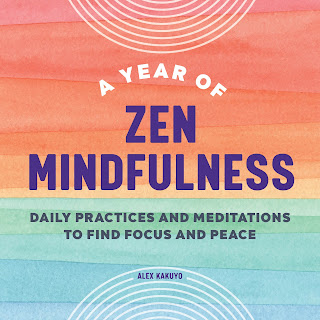Two years ago, I bought an old farmhouse in the middle of nowhere.
I was tired of the noise and congestion of city life, and I wanted to be closer to nature. More than that, I wanted to use the skills I'd learned by apprenticing on organic farms across the country.
I wanted to build things. I wanted to grow food. I wanted to care for animals. And I'm happy to say that I've been able to do all of those things. One thing I didn't count on, however, was how much time I'd spend renovating my house.
I wanted to build things. I wanted to grow food. I wanted to care for animals. And I'm happy to say that I've been able to do all of those things. One thing I didn't count on, however, was how much time I'd spend renovating my house.
Old farmhouses have good bones, but they also need lots of updates/ improvements. So, I've spent a lot of time working with contractors over the last two years to ensure someone else gets to enjoy this house when I pass into Nirvana.
The electricity has been updated, the roof has been replaced, and it seems like the more I do, the more I find that needs to be done.
My nature is to be controlling. I like to make plans and come up with backup plans in the hope that I can account for every possible mishap.
I get quotes from multiple contractors, check online reviews, and ask for pictures of their previous projects. These are all good practices that have served me well, however, I'm learning that things can go wrong even when we work with the best people.
Sometimes, the weather doesn't cooperate and work needs to be postponed. Other times, fixing one thing in the house means something else must be broken. For example, an electrician might need to cut a hole in a wall to run new wires.
Bit by bit, I'm learning that renovating a house is 30% following a plan and 70% dealing with the chaos that comes from the plan's failure.
It's hard work, and it can be stressful. It's also humbling because each project serves as a reminder that the world is out of my control. There are skills I don't have, so I must depend on others. There are repairs that need to be made, and they don't always fit my schedule.
When it becomes too much to handle I retreat to the meditation hall and sit in front of the altar. As I reside there; paying homage to the Buddha, I'm reminded that the world is not the problem. The problem is me.
As always, the source of my suffering is my endless desires. I want the weather to be nice so the work doesn't get delayed. I want the work to cost less and be done faster. I want the house to look the way I see it in my head once all of the construction and landscaping is done.
I want... I want... I want. And the more I want, the more I suffer.
It is only when I sit with Buddha; focusing on my breath as he did 2,600 years ago that I remember all of my wants don't matter.
I will make plans, and I will have to change them. I will make budgets, and I will have to change them. I will have visions of how my home should look, and I will have to change them.
Because the world is always changing. And I am not separate from the world.
Thus, I am forced to ebb and flow like the ocean crashing against a rocky shore. I push when I am able. And I retreat when I cannot; chipping away at my to-do list until the work is done.
Namu Amida Butsu



Good view of the reality that we really control nothing
ReplyDeleteThank you for this reminder. I recently found myself in therapy over my anger at the world and of course, the source of the problem was my want to control it.
ReplyDeleteThank you for this
ReplyDeleteThank you for sharing this insightful reflection on balancing spiritual practice with everyday responsibilities. Your story about fixing your house while maintaining a mindful presence is truly inspiring. It's a great reminder that our daily tasks can become opportunities for practice and growth. Keep up the great work, and I look forward to reading more of your posts!
ReplyDeleteRegards,
Antique Buddhas
https://www.buddha-statues.co.uk